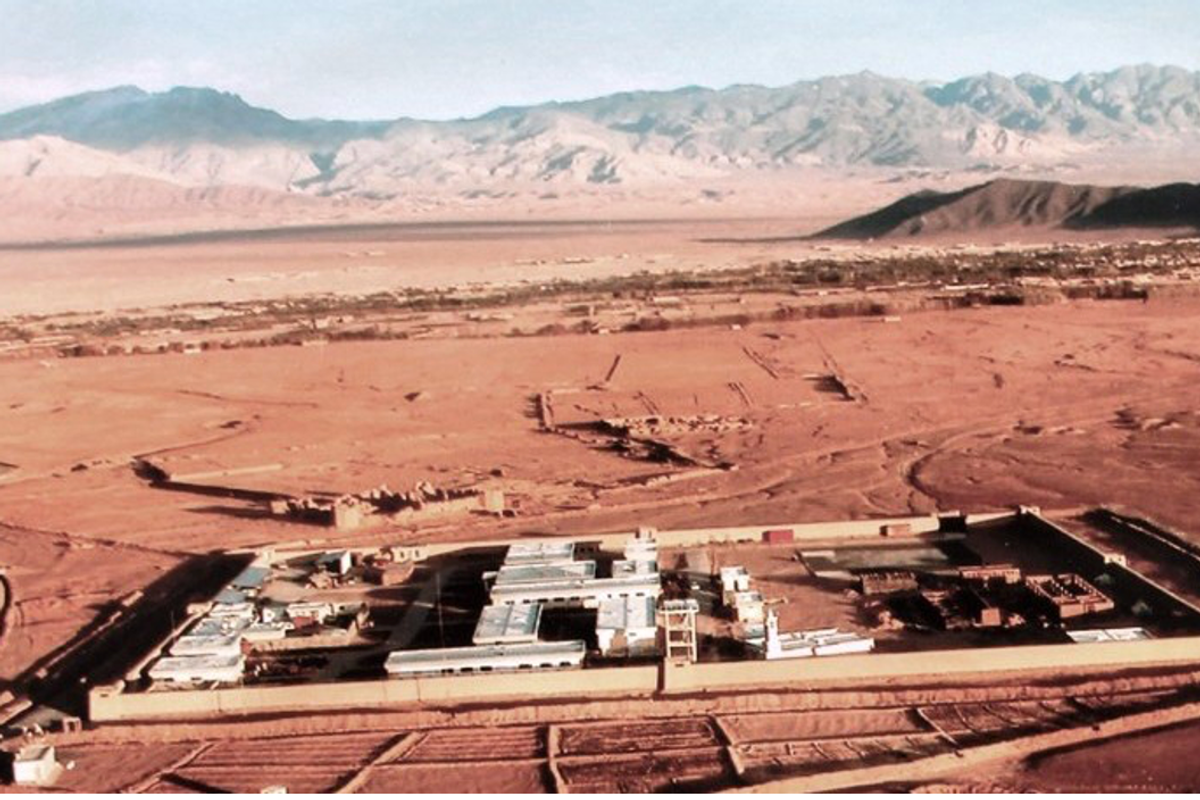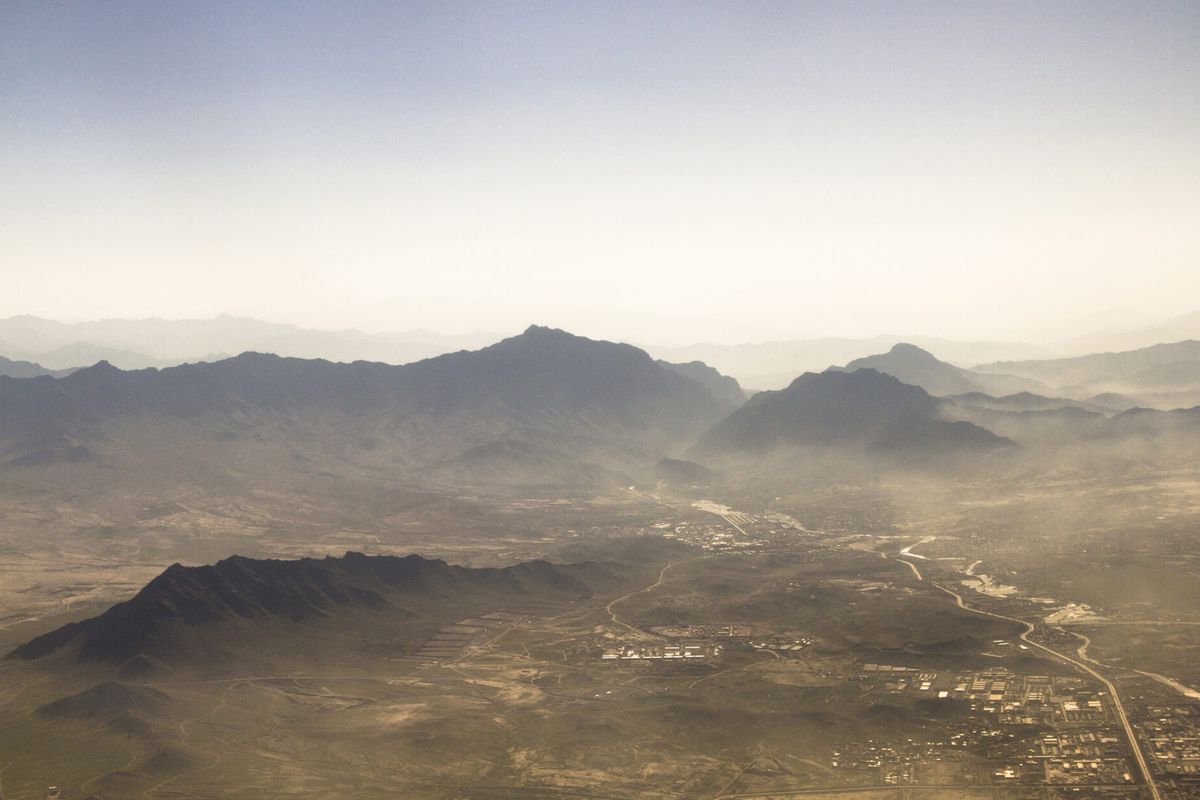Dr. Kenneth Dekleva served as a Regional Medical Officer/Psychiatrist (including 5 years at the U.S. Embassy Moscow, Russian Federation and 2 years at the US Embassy New Delhi) with the U.S. Dept. of State during 2002-2016, and is currently Associate Professor of Psychiatry and Director, Psychiatry-Medicine Integration, UT Southwestern Medical Center, Dallas, TX; he is also a Senior Fellow at the George HW Bush Foundation for US-China Relations. The views expressed in this paper are entirely his own and do not represent the official views of the U.S. Government, the U.S. Dept. of State, or UT Southwestern Medical Center.
The recent triumphant return to power of the Taliban in Afghanistan has highlighted the long-running and increasingly important role of its de facto leader (and likely future President) Mullah Abdul Ghani Baradar. Nothing captures the symbolism, irony, and political changes in the region better than Baradar’s secret meeting this week with America’s CIA Director (and former Deputy Secretary of State) William Burns in Kabul where the two reportedly discussed matters related to security and the safe evacuation of thousands of Americans and their Afghan allies. But while Baradar is well-known to Afghan, Pakistani, Russian, Chinese, Iranian, and yes, even American officials, he remains an enigma. It is critical for policy-makers and national security experts to understand what shapes Baradar, to anticipate what kind of a leadership he will bring.
Baradar’s road to power has been, like that of many leaders in south Asia and the Middle East, shaped by war, insurgency, Sharia Islam, ruthlessness, imprisonment, single-minded dedication to the Taliban’s cause, and most remarkably, resilience.
He is thought to have been born in Uruzgan province, Afghanistan, in 1968, and hails from a Durrani Pashtun tribe. He attended religious schools as a youth, and fought with the Mujahedin against the Soviets in the late 1980s. During this time, he became close friends with the late Mullah Omar, with whom he taught at a madrassa in the early 1990s and co-founded the Taliban in 1994.
After the Taliban’s takeover of power in 1996, Baradar served in a variety of high-level government roles, including as deputy chief of staff and deputy defense minister, as well as several gubernatorial assignments. He is said to have played a role in the brutal massacres of Taliban opponents during the time and was listed on the UN Security Council’s sanctions list thereafter.
After 9/11, he escaped and became a leader among the Taliban insurgency, both militarily, financially, and politically. He served as a key member of the Quetta Shura Council, a leading decision-making authority, and has been described in past media reports as “patient, one who listens, a consensus builder, deferential, moderate, an old-fashioned tribal leader, and as a useful facilitator” in peace talks. But other descriptions have referred to him as “cunning and dangerous.” In this sense, he may more closely resemble another charismatic, formidable, and highly-successful terrorist leader/politician, Hezbollah’s leader, Sheikh Hassan Nasrallah.
Baradar was captured – in a joint ISI-CIA operation – and was imprisoned in 2010. Many radical Islamic leaders share such experiences, and it begs the question of how their imprisonment psychologically shapes and hardens their psyches. He was released in 2018 – allegedly at the instigation of American special envoy (and former US Ambassador to Afghanistan) Zalmay Khalilzad – to participate in the Doha peace talks, which led to the signing of an agreement between the US and the Taliban in February 2020.
The Cipher Brief delivers trusted expert perspective on national security issues. Become a member for just $10 / month and get full access to expert-level briefings that help put global events in perspective.
Of note, Baradar met with then-US Secretary of State Mike Pompeo, and even had a congratulatory phone call with President Trump. It had to be – similar to this week’s meeting with CIA Director Burns – a heady and triumphant moment, not only for Baradar and the Taliban, but also for other radical Islamists worldwide. The impact of the Taliban’s victory – and America’s humiliating defeat – reminds one of Iran in 1979. Surely ISIS, al-Qaida, and Boko Haram must also feel emboldened.
Baradar’s recent public statements have been moderate in tone, emphasizing Afghanistan’s desire to work peacefully with its neighbors and to respect the rights of its citizens, but within the confines of Islamic law. Given his - and the Taliban’s – brutal past, such reassurance must be taken with a grain of salt.
While Baradar is well-known to American and other diplomatic negotiators, some caution remains warranted. He has, in the past two years, met with leaders and high-level diplomatic representatives from Russia, China, Uzbekistan, Turkmenistan, Iran, and Pakistan; he has shown himself to be a savvy and experienced negotiating partner. It may be tempting for outsiders to see him as somebody whom the U.S. (and others, including the Chinese and Russians) “can do business with.” Afghanistan beckons, with its mineral riches, strategic import, and its role in the opium trade (e.g. 70% of the world’s opium product is grown there).
Baradar’s skill, sophistication, and agility suggest that he, and the Taliban, have changed. But we and other observers should tread carefully, not confusing charisma, charm, and sophistication with cunning, ruthlessness, and religious fanaticism. For Baradar and the Taliban, negotiating positions and objectives may shift and change. But the stakes remain the same. Baradar remains a formidable adversary, whose personality and leadership style will be critical to understand, as Afghanistan emerges from decades of war and what the Taliban describe as triumphant resistance to the infidel invaders. It is important to see him as he is – a leader of “greater faith and commitment” - not as we wish him to be.
Read more expert-driven national security insights, perspective and analysis in The Cipher Brief.












